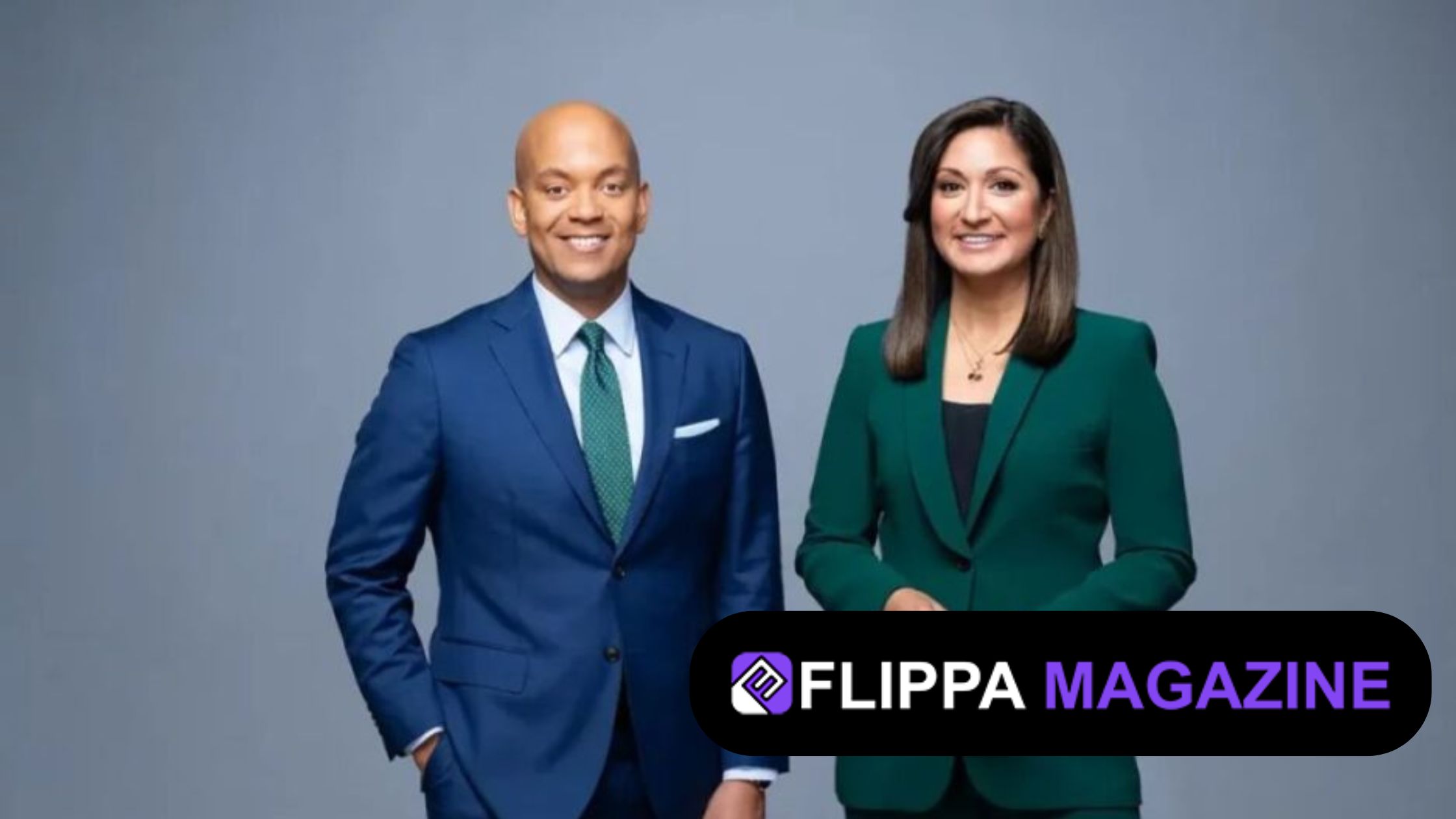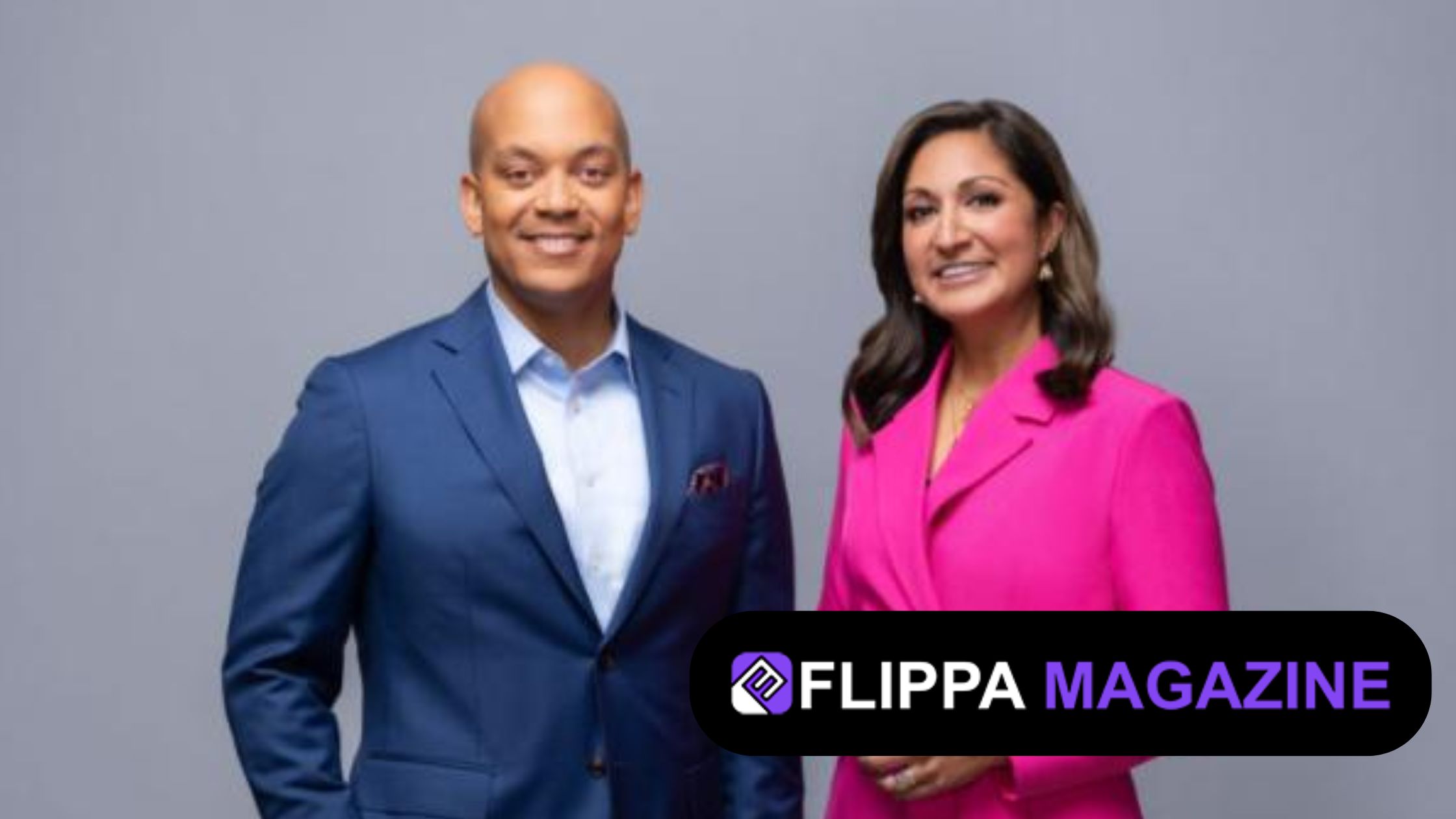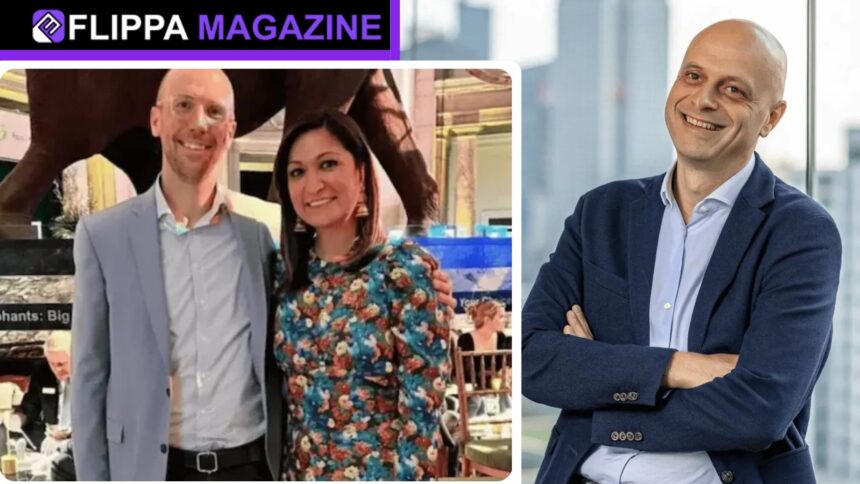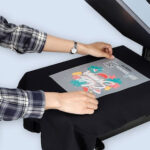Behind every successful journalist is a network of support that helps them balance the demands of a fast-paced career with the responsibilities of family and personal growth. For Amna Nawaz, co-anchor of PBS NewsHour and one of the most recognizable faces in American broadcast journalism, that support often comes from her husband, Paul Werdel. His professional background in media, combined with his role as a partner and parent, provides a unique foundation for their shared journey. This article explores how Paul Werdel supports Amna Nawaz, weaving together their professional intersections, personal partnership, and the broader lessons their story offers about resilience, teamwork, and leadership in journalism.
Quick Bio Table: Paul Werdel’s Key Highlights
| Detail | Information |
|---|---|
| Full Name | Paul Werdel |
| Profession | Former Journalist, Digital Media Executive |
| Known For | Husband of PBS anchor Amna Nawaz |
| Career Highlights | Work with The New York Times, editorial leadership in digital journalism |
| Education | University-level background in media and communications |
| Marriage | Married to Amna Nawaz |
| Children | Two daughters |
| Media Expertise | Transition from traditional reporting to digital storytelling |
| Public Role | Maintains private life while supporting Amna Nawaz’s career |
| Years Active | Over a decade in journalism and media |
| Current Focus | Family life, behind-the-scenes support of Amna Nawaz |
| Unique Insight | Combines professional media knowledge with personal commitment |
| Contribution | Enabling balance between Amna’s career and family responsibilities |
.
Paul Werdel’s Background in Journalism
To understand the depth of Paul Werdel’s support, it helps to first look at his own professional background. Werdel carved out a respected career in media, working in editorial and digital news development. His time with The New York Times and other leading outlets gave him firsthand experience with newsroom culture, tight deadlines, and the pressures of accuracy and objectivity. That experience allowed him to empathize with Amna Nawaz’s challenges as she rose to prominence at PBS NewsHour. His career path provided three important contributions: an insider’s grasp of journalistic integrity, the ability to navigate digital transitions in news, and a shared professional vocabulary with Amna.
Meeting Amna Nawaz: Shared Passions and Perspectives
Werdel and Nawaz’s partnership reflects a meeting of minds as much as a union of hearts. Both came from demanding careers in journalism, where curiosity, persistence, and storytelling serve as core values. Their shared professional roots meant they understood the unconventional schedules, the constant news cycle, and the emotional weight of covering world events. Over time, this foundation developed into a partnership where mutual respect for each other’s careers became the backbone of their family life. The relationship illustrates three essential dynamics: respect for professional identity, empathy during career highs and lows, and shared vision for the role of journalism in society.
The Demands of Amna Nawaz’s Role at PBS
As co-anchor of PBS NewsHour, Amna Nawaz operates within one of the most rigorous journalistic environments in the U.S. The role requires not only on-camera presence but also deep research, editorial leadership, and the capacity to cover breaking news with composure. Balancing this workload with family responsibilities could easily lead to burnout without support. Here, Paul Werdel’s contributions become visible. He provides emotional stability during high-pressure news cycles, manages aspects of family life when Amna’s schedule intensifies, and offers professional insight when she seeks feedback. Together, they create a structure where Amna can thrive without compromising her role as a parent and partner.
Partnership Beyond the Spotlight

Unlike his wife, Paul Werdel intentionally avoids the public eye. His choice to maintain privacy contrasts with the visibility of Amna’s role, creating a balance in their family dynamic. This balance works on three levels: first, it shields their children from the constant exposure that comes with Amna’s position; second, it allows Werdel to focus on the stability of their household; and third, it gives Nawaz a partner whose perspective remains grounded outside of public opinion. In an era where social media often amplifies every detail of public figures’ lives, their approach offers a refreshing example of intentional privacy.
Shared Commitment to Family
One of the most significant ways Paul Werdel supports Amna Nawaz is by prioritizing family life. Their two daughters are central to their shared values, and Werdel plays an active role in ensuring they experience a sense of normalcy. This commitment unfolds in everyday routines like school activities, family meals, and time away from the cameras. For Nawaz, knowing that her children are cared for allows her to bring her best to her role at PBS. For Werdel, it’s a demonstration of partnership in action—supporting his wife’s career by making sure family responsibilities are shared, respected, and balanced.
Professional Insights That Strengthen Support
Because of his own media background, Werdel’s support is not limited to the personal sphere. He understands the nuances of deadlines, editorial choices, and the broader shifts in journalism. This insider knowledge allows him to provide informed feedback when Amna seeks perspective. Importantly, his input is grounded in experience rather than speculation. By offering professional empathy, intellectual dialogue, and practical advice, he enhances Nawaz’s ability to navigate her role. This makes their relationship more than simply supportive—it becomes a professional partnership rooted in mutual expertise.
Lessons from Their Partnership
The story of Paul Werdel and Amna Nawaz highlights lessons that resonate beyond journalism. First, it demonstrates the value of having a partner who understands professional challenges. Second, it shows that support can take many forms—from managing family logistics to offering thoughtful critiques. And third, it reflects the power of shared values in building resilience. These lessons apply not only to couples in media but also to anyone seeking balance between demanding careers and meaningful family life.
Navigating Cultural and Professional Identities

Amna Nawaz, the daughter of Pakistani immigrants, brings unique cultural perspectives to American media. Her role often involves breaking new ground, from being the first Muslim American and Asian American anchor on PBS NewsHour to moderating a presidential debate. Supporting her in these milestones, Paul Werdel provides stability and encouragement. Their relationship exemplifies how cross-cultural understanding, respect, and partnership can shape successful careers. Werdel’s awareness of Nawaz’s heritage, combined with his own experience in U.S. media, creates a synergy that enriches both their personal and professional lives.
Behind-the-Scenes Contributions
While Amna Nawaz takes center stage, Paul Werdel’s behind-the-scenes role cannot be overlooked. His support appears in practical ways—handling family responsibilities when Nawaz travels, offering reassurance after long broadcast days, and helping navigate public scrutiny. He also supports her professional development by encouraging reflection and providing perspective. Such contributions may not appear in headlines, but they are crucial for sustaining long-term success in a high-pressure industry like broadcast journalism.
The Bullet Point Perspective: How Paul Werdel’s Role Matters
In one way, Werdel’s role can be summed up through three overlapping layers:
-
Emotional Anchor: Offering reassurance, encouragement, and stability during the intensity of news cycles.
-
Practical Partner: Managing day-to-day family responsibilities so Nawaz can focus on her work.
-
Professional Confidant: Providing perspective grounded in his own media experience.
These three dimensions of support highlight why his contributions are central to Nawaz’s career journey.
The Broader Impact of Their Story
The dynamic between Paul Werdel and Amna Nawaz is more than just a private marriage; it reflects broader themes in modern journalism and family life. Their story underscores how support systems help women in leadership roles, how shared professional understanding enhances empathy, and how intentional privacy can protect family well-being. In a world where high-profile figures often struggle with balance, the Werdel-Nawaz partnership serves as a meaningful case study of resilience and shared purpose.
Conclusion
The journey of Amna Nawaz as a trusted anchor on PBS NewsHour is not a solo endeavor. At its foundation lies the steady support of her husband, Paul Werdel, whose professional background, personal commitment, and behind-the-scenes contributions enable her to excel. Their story highlights the importance of empathy, partnership, and balance in building a successful life both on and off the screen. For audiences who see Nawaz deliver the news each evening, it’s worth remembering that her work is strengthened by a partner who understands the stakes, shares the values, and supports her journey in ways that are both visible and invisible. Together, their example demonstrates that behind every great journalist is not just a newsroom but a family that makes the work possible.
Frequently Asked Questions (FAQs)
1. Who is Paul Werdel?
Paul Werdel is a former journalist and digital media professional best known as the husband of PBS NewsHour co-anchor Amna Nawaz. He worked with outlets like The New York Times before focusing on family life.
2. How did Paul Werdel and Amna Nawaz meet?
They met through their shared careers in journalism. Both had overlapping interests in reporting, media, and storytelling, which laid the foundation for their relationship.
3. Does Paul Werdel still work in journalism?
While Werdel has a strong background in journalism and digital media, he now prioritizes family life and plays a more supportive role behind the scenes rather than maintaining a public career.
4. How does Paul Werdel support Amna Nawaz’s career?
He supports her emotionally, helps manage family responsibilities, and offers professional insights from his own media experience, allowing Nawaz to focus on her demanding role.
5. Do Paul Werdel and Amna Nawaz have children?
Yes, they have two daughters. Family is a central part of their lives, and Werdel plays an active role in ensuring their children have a balanced upbringing.
6. Why is Amna Nawaz significant in U.S. journalism?
Nawaz is the first Muslim American and Asian American to serve as a co-anchor of PBS NewsHour. She has also moderated presidential debates and reported on major global issues.
7. What can we learn from the Werdel-Nawaz partnership?
Their partnership illustrates the value of empathy, shared professional understanding, and balance between career and family. It shows how strong support systems contribute to professional success.
FOR MORE : FLIPPAMAGAZINE












